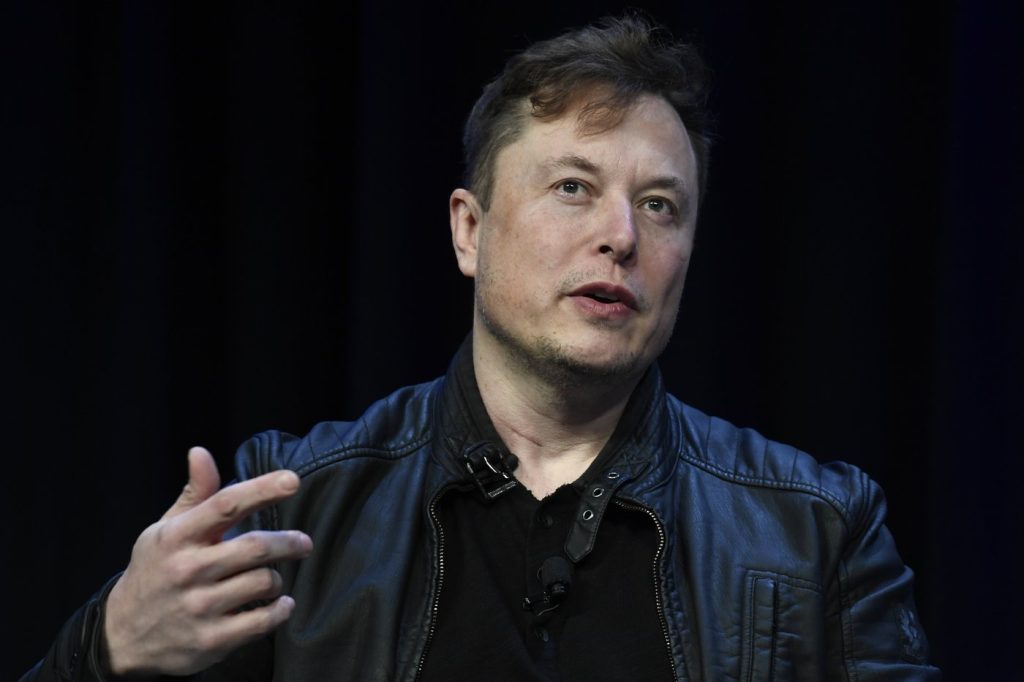On Thursday, a clash erupted on social media between former President Donald Trump and Elon Musk, the world's richest man, over government contracts related to SpaceX's operations. Trump threatened to cut funding to Musk's SpaceX and Starlink internet services, leading Musk to respond with a provocative post on platform X, stating that SpaceX would "begin decommissioning its Dragon spacecraft immediately." This statement raised concerns regarding the seriousness of Musk's threat, particularly given the critical role the Dragon spacecraft plays in NASA’s operations, including transportation of astronauts and supplies to the International Space Station (ISS).
The Dragon capsule is integral to the functioning of the ISS, as SpaceX stands as the sole U.S. company capable of ferrying crews to and from the station. Unlike SpaceX, Boeing's Starliner capsule has faced significant operational challenges, with its only astronaut flight resulting in complications requiring SpaceX to facilitate the return of NASA astronauts back to Earth. Starliner is currently grounded pending NASA's decision on another test flight, this time with cargo instead of a crew.
SpaceX also employs the Dragon capsule for privately funded missions, the next of which is scheduled to launch next week in collaboration with Axiom Space, a Houston-based company. In addition, the cargo variants of the Dragon capsule are actively used for transporting food and essential supplies to the ISS.
At present, Russia’s Soyuz capsules are the only alternative for crew transport to the ISS, accommodating three astronauts per flight. Currently, missions typically include two Russian cosmonauts and one NASA astronaut aboard each Soyuz launch, while SpaceX's collaborations often feature a Russian crewmember as part of a mutual arrangement. Prior to SpaceX's inaugural crewed flight for NASA in 2020, the U.S. relied heavily on Russian spacecraft for crew transport, incurring substantial costs over the years.
SpaceX's capabilities have allowed NASA to lessen its dependence on Russian transports, significantly reducing expenses that would otherwise reach tens of millions of dollars per seat. NASA also partners with Russian spacecraft for cargo missions alongside U.S. contractor Northrop Grumman.
SpaceX's contributions extend beyond manned missions, having launched numerous scientific initiatives for NASA and military equipment using its rockets. Recently, the company secured a NASA contract aimed at facilitating the decommissioning of the ISS once it is deemed non-operational. Additionally, SpaceX's Starship mega rocket was selected by NASA to transport astronauts from lunar orbit to the moon's surface for its upcoming landing missions. However, Starship encountered complications during its ninth test flight last week, resulting in a chaotic tumbling incident that led to its disintegration.
The ongoing feud and Musk's response highlight the interconnectedness of government contracts, space exploration, and the private sector's role in advancing aerospace technology. With public reliance on entities like SpaceX for critical space missions, the potential impacts of Trump's threats and Musk's reactions could send ripples through future initiatives and partnerships in the space industry.












